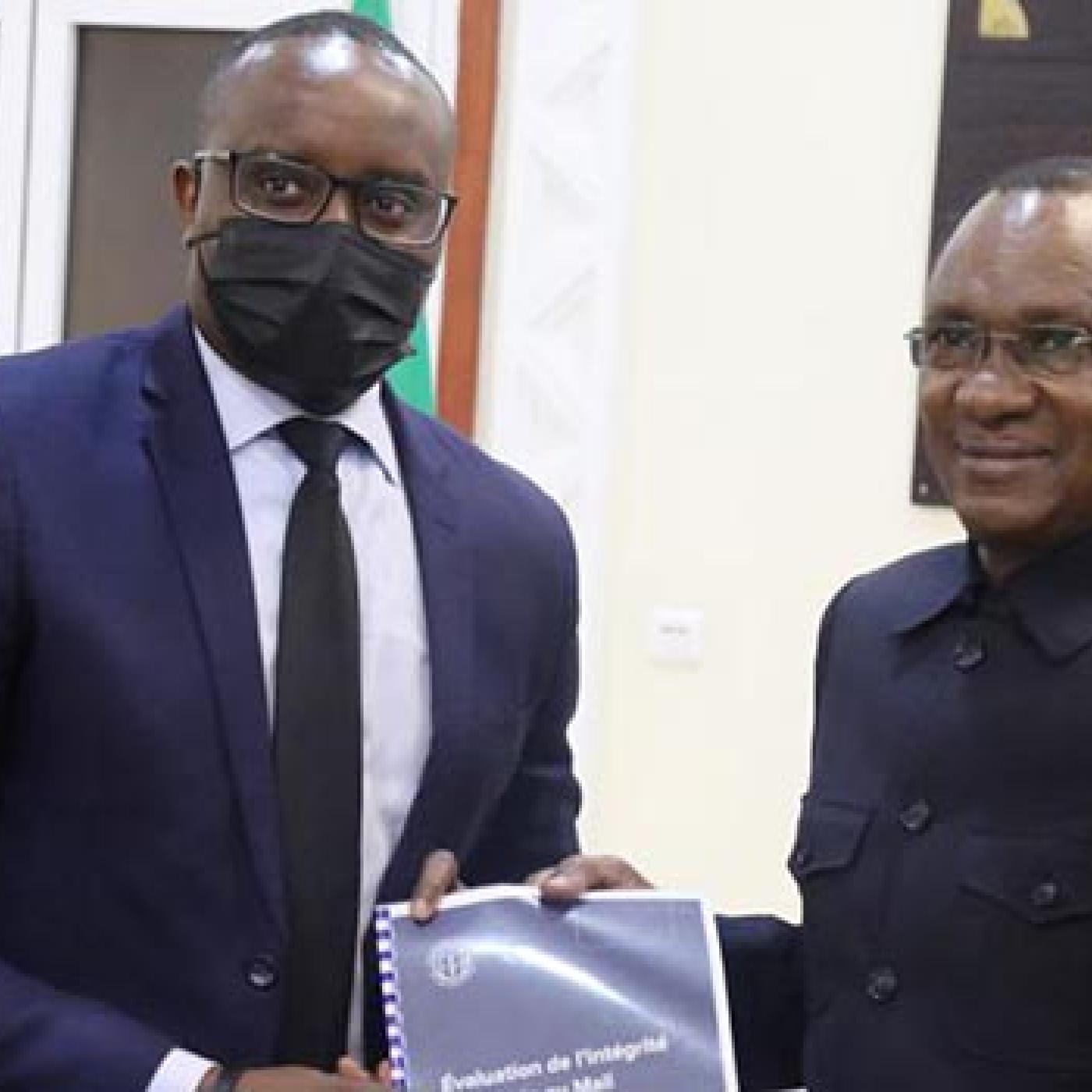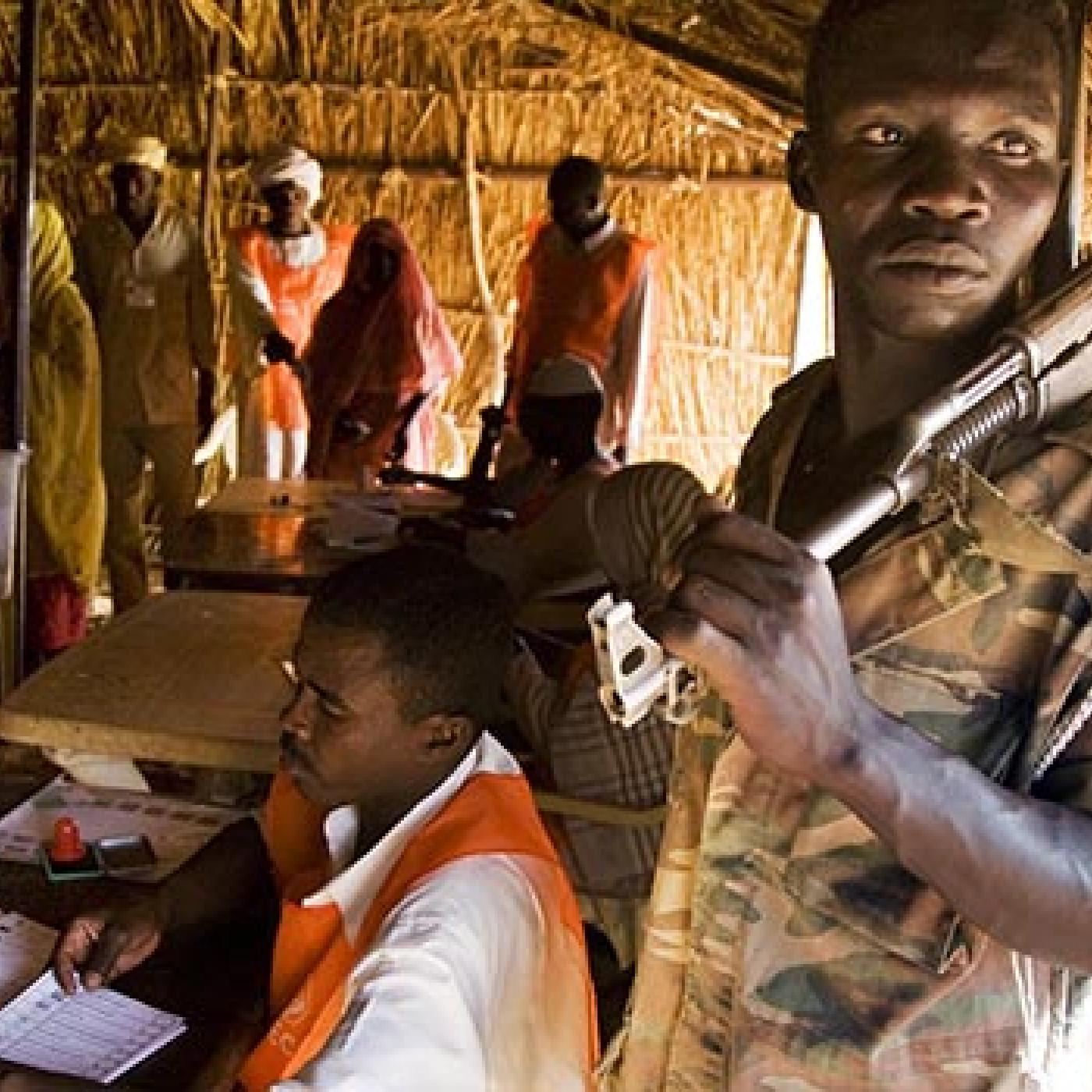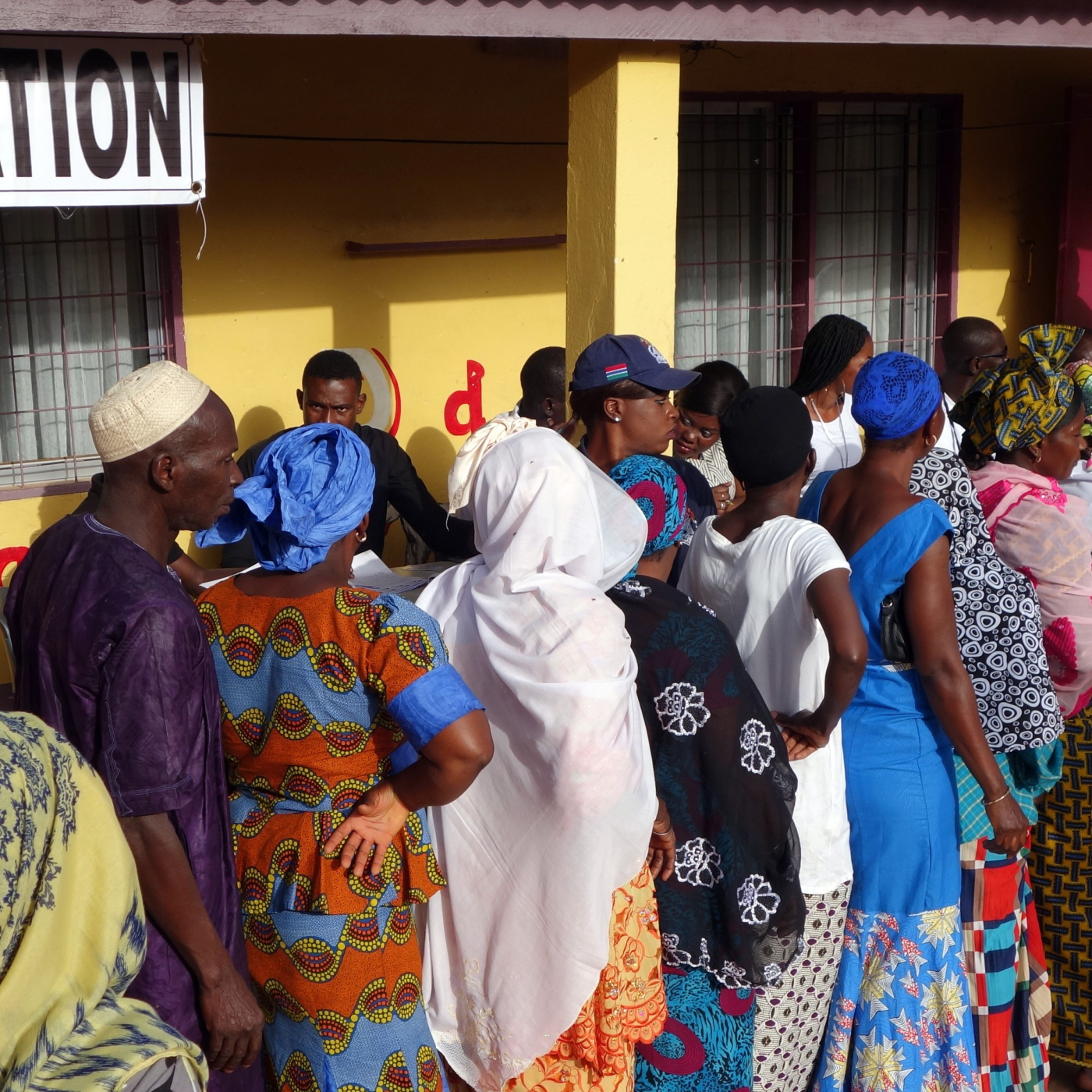Tools & Resources
Filter by
Type
Publication date
Language
Type
Publication date
Language
Publication
Electoral Assessment
Mali Electoral Integrity Assessment
IFES' Mali Electoral Integrity Assessment was conducted remotely by a six-member assessment team supported by two experts in Bamako to evaluate electoral vulnerabilities.
August 03, 2021
Publication
Report/Paper
Overcoming Challenges to Democracy and Governance Programs in Post-Conflict Countries: CEPPS Lessons Learned
How can democracy and governance programs be more effective in post-conflict environments?
May 18, 2021
Election FAQ
Elections in Mali: 2018 Presidential Election
On July 29, Mali held a presidential election, the country's fifth democratic presidential election since the introduction of multiparty politics in 1991. To help you understand this important electoral process, IFES provides Frequently Asked Questions (FAQs) on Elections in Mali: 2018 Presidential Election.
Publication
Report/Paper
Regional Director on “The Elections We Want” in Africa
As part of its annual report, the Wilson Center Africa Program asked IFES Regional Director for Africa Rushdi Nackerdien to contribute an essay on recent African elections. His piece, “The Elections We Want,” covered 2017 elections in Angola, Rwanda, Liberia, Senegal, the Gambia, and Kenya, and their implications for election practitioners moving forward.
January 31, 2018
Election FAQ
Elections in Ghana: 2016 General Elections
On December 7, Ghanaian voters will elect their new president, vice president, and members of Parliament for the 275 electoral constituencies in the country.
Election FAQ
Elections in Burundi: 2015 General Elections
The Republic of Burundi currently has presidential elections scheduled for July 21, 2015 and senatorial elections scheduled for July 24, 2015. On June 29, 2015, Burundians voted in communal elections for 18 constituencies, in addition to voting in legislative elections for the National Assembly.
News & Updates
Feature
Civic Education for Free and Fair Elections in Burundi
Already marred by political tensions that have their roots in the 12-year civil war that ended in 2005 under the authority of the Arusha Peace and Reconciliation Agreement for Burundi, the 2015 elections will likely be a historic turning point, for better or worse, in Burundi’s democratic transition.
News & Updates
Feature
Empowering Tomorrow through Youth Engagement
IFES works to empower youth around the world by hosting democracy-focused camps, events, and activities. By educating young people about democracy, we enable them to express themselves and have a voice in their communities.
News & Updates
Feature
Learning by Gaming: Democrapoli
Within its civic and voter education campaigns in anticipation of the Malian communal elections, the International Foundation for Electoral Systems (IFES), in collaboration with the Nigerien NGO Groupe de Recherche Action sur la Démocratie et les Systèmes Electoraux (GRADSEL), has developed an educational game called Democrapoli: Elections Communales Mali (Communal Elections Mali).
Publication
Report/Paper
Analysis of the Status of Women in Burundi’s Political and Electoral Processes
Burundi is one of few countries in the world to have adopted a gender quota for its legislature in an effort to promote the inclusion and participation of women in the political process. As such, it presents an informative case study on the impact a gender quota can have as a catalyst for more progressive and inclusive governance. Given the International Foundation for Electoral System’s (IFES) commitment to gender equality and women’s participation in electoral processes and government, a thorough analysis demonstrating the effectiveness of quotas is a vital effort that aids IFES in supporting their use as a tool for democratic progress.
July 17, 2014






